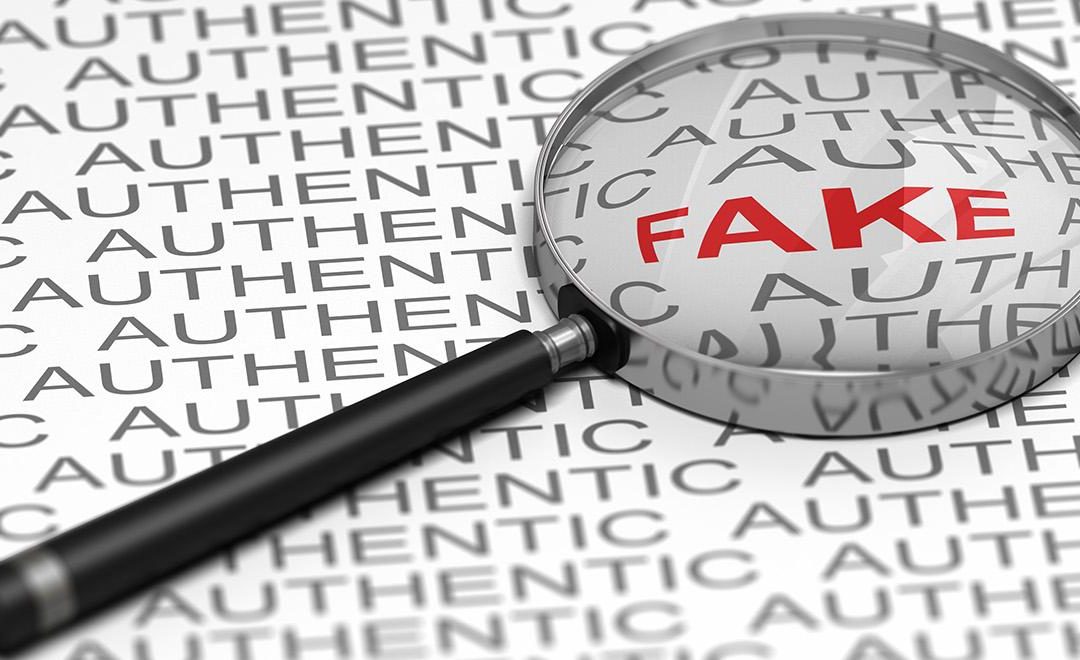The selective distribution system for printer supplies under legal spotlight.
HP Inc. is confronting renewed legal challenges in the Netherlands, with its selective distribution system for printer supplies under judicial examination. The Rechtbank Amsterdam is evaluating whether HP’s practices align with EU competition law, following a complaint from 123inkt, a leading Dutch online retailer.
At the heart of the dispute lies 123inkt’s assertion that HP’s selective distribution framework creates an unfair market dynamic, designed to limit competition rather than enhance product quality or customer experience. According to 123inkt, HP’s system imposes strict criteria on who can become an authorised reseller, effectively excluding independent third-party suppliers like itself. These restrictions allegedly create artificial barriers to entry, hindering alternative suppliers from accessing the market and competing on a level playing field.
123inkt contends that this approach not only curtails healthy competition but also results in higher prices for consumers, as fewer choices typically lead to reduced price pressure on authorised products. Moreover, the retailer points out that such practices disadvantage consumers by restricting their ability to purchase compatible or private-label cartridges that often provide a more affordable alternative to original HP supplies.
By enforcing these limitations, 123inkt argues that HP’s system breaches fundamental EU competition rules laid out in Articles 101 and 102 of the Treaty on the Functioning of the European Union (TFEU). Article 101 prohibits agreements or practices that restrict competition within the EU, while Article 102 addresses the abuse of market dominance by companies to exclude competitors or exploit their position unfairly. In this context, 123inkt claims that HP’s selective distribution system is not only anti-competitive but also constitutes an abuse of its dominant position in the printer supplies market.
HP, however, maintains that its distribution model is essential for combating counterfeit products, protecting intellectual property, and ensuring quality standards. The company cites the Metro criteria, a set of legal principles permitting selective distribution under specific conditions, to justify its approach.
In a preliminary ruling, the Dutch court decided that HP’s system does not meet the Metro criteria and therefore falls within the scope of Article 101 paragraph 1 TFEU. Furthermore, the court ruled that the selective distribution system cannot benefit from the Block Exemption based on the arguments presented by both parties. However, the court postponed a final decision, instructing both HP and 123inkt to provide additional arguments by February 2025. The debate on HP’s reliance on Article 101 paragraph 3 TFEU, both regarding the selective distribution system as a whole and its individual criteria, has been limited so far.
As HP is relying on the exemption, the company has been given the opportunity to further explain why its selective distribution system meets the requirements of Article 101 paragraph 3 TFEU. Specifically, HP must address whether the system satisfies the indispensability requirement (criterion iii), with detailed explanations concerning the compliance requirement and presentation requirements. Both parties may also address whether and why (as 123inkt has argued) the nullity of one criterion invalidates the entire system or (as HP has argued) whether the nullity of one criterion leaves the rest of the system intact.
This legal confrontation is the latest in a series of disputes between HP and 123inkt. In 2019, the Dutch Supreme Court ruled in favour of 123inkt, declaring HP’s patent on cartridge chips invalid and allowing 123inkt to continue selling its private-label cartridges. Additionally, in 2023, HP secured a legal victory against 123inkt over the sale of original HP cartridges without their original outer packaging, with the court ordering 123inkt to cease such practices.
The current case also raises concerns about data sharing. 123inkt argues that HP’s requirement for distributors to provide sales and sourcing information could grant HP undue access to competitive business secrets.
This legal battle could set a precedent for competition law enforcement across the European Union. A ruling against HP may compel the company to overhaul its distribution practices not only in the Netherlands but potentially in other EU markets. Conversely, a favourable ruling could reinforce the legitimacy of selective distribution systems in highly competitive industries.
Both HP and 123inkt have been invited to provide further evidence before a final decision is reached. The case underscores the enduring tensions between traditional manufacturers and independent suppliers in the imaging sector.




















